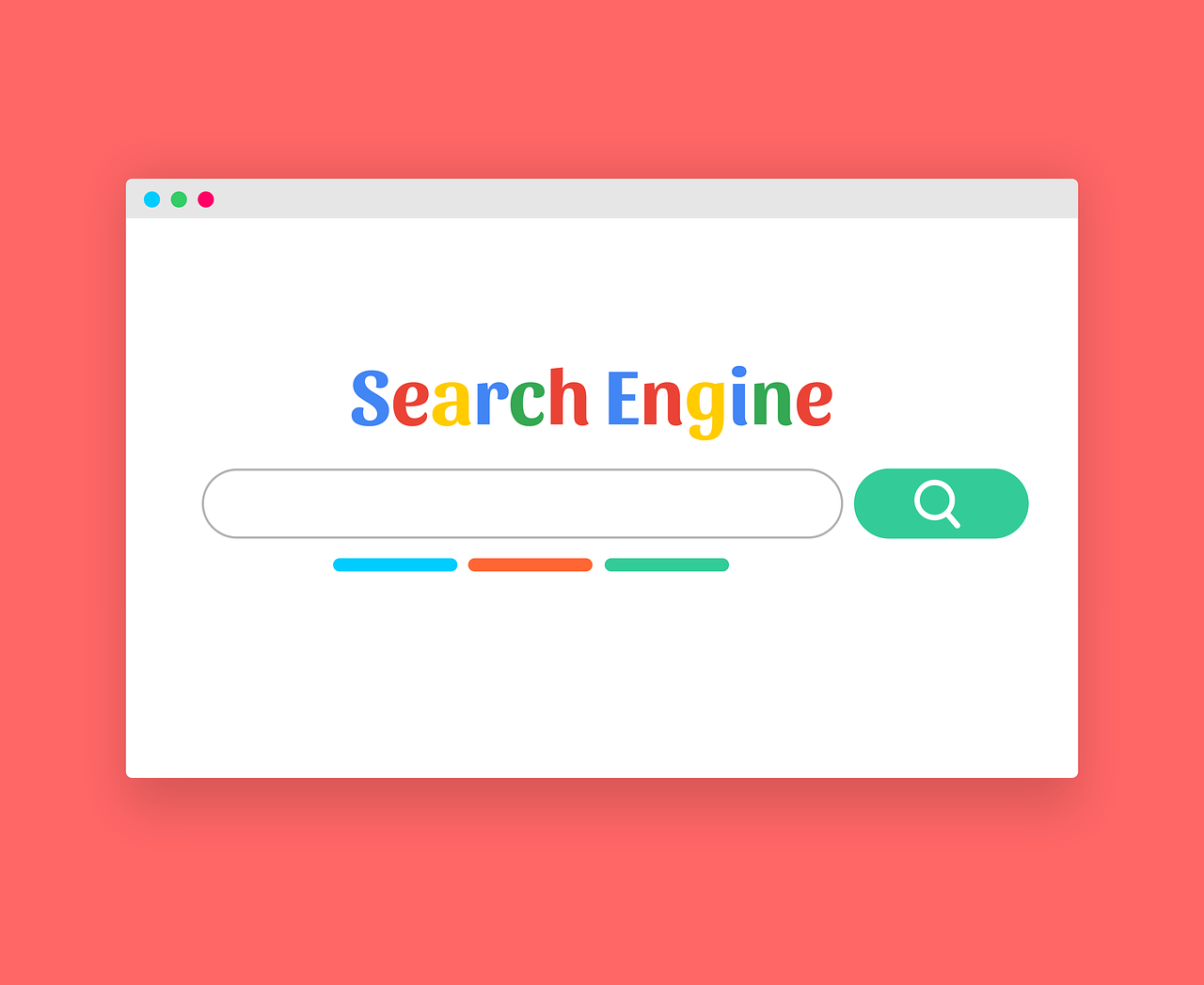
Understanding SEO: The Basics for African Businesses
Search Engine Optimization (SEO) is the art and science of enhancing your online content to improve its visibility in search engine results. For African businesses, this means tailoring digital strategies to ensure that when potential customers search for products or services, your business ranks high in the results. Understanding the basics of SEO is crucial, as it forms the foundation of your online marketing efforts. SEO involves elements like keyword research, on-page optimization, and link building, all of which work together to increase your site's relevance and authority in the eyes of search engines.
One of the fundamental aspects of SEO is understanding how search engines work. Search engines like Google use complex algorithms to determine the relevance and quality of web pages before ranking them. These algorithms consider various factors, including keyword usage, site structure, and user engagement metrics like bounce rate and time spent on site.
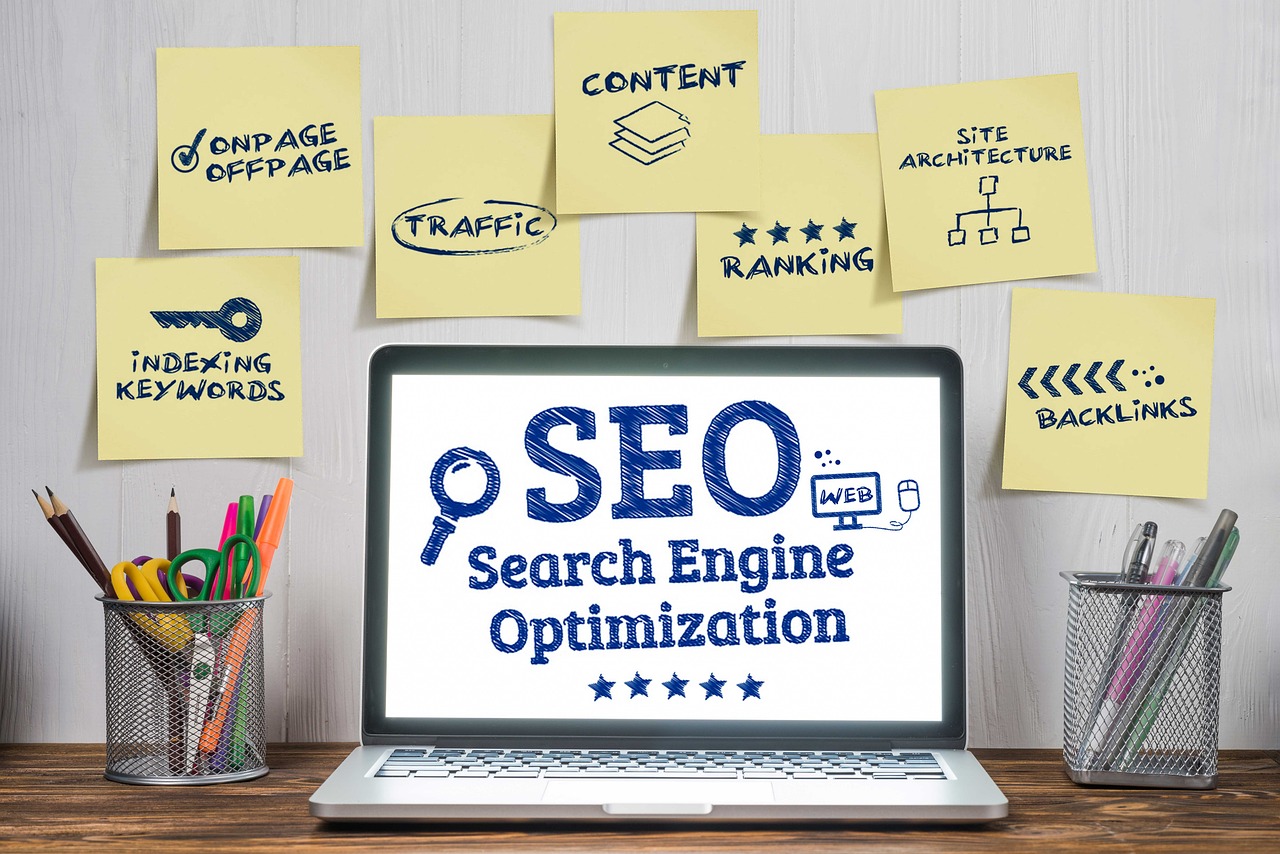
For African businesses, grasping these elements is vital, as it provides insight into how to structure your website and content to meet the standards set by search engines.
Additionally, SEO is not a one-time effort but an ongoing process. The digital landscape is continually evolving, with search engines frequently updating their algorithms. This means that what works today might not be effective tomorrow. African businesses must stay informed about these changes and adapt their strategies accordingly. Regularly updating content, optimizing for new keywords, and ensuring the website is mobile-friendly are all part of maintaining an effective SEO strategy. By committing to continuous improvement, businesses can ensure their online presence remains robust and competitive.
The Importance of Keyword Research in African Markets
Keyword research is a critical component of SEO that involves identifying the words and phrases potential customers use when searching for products or services.
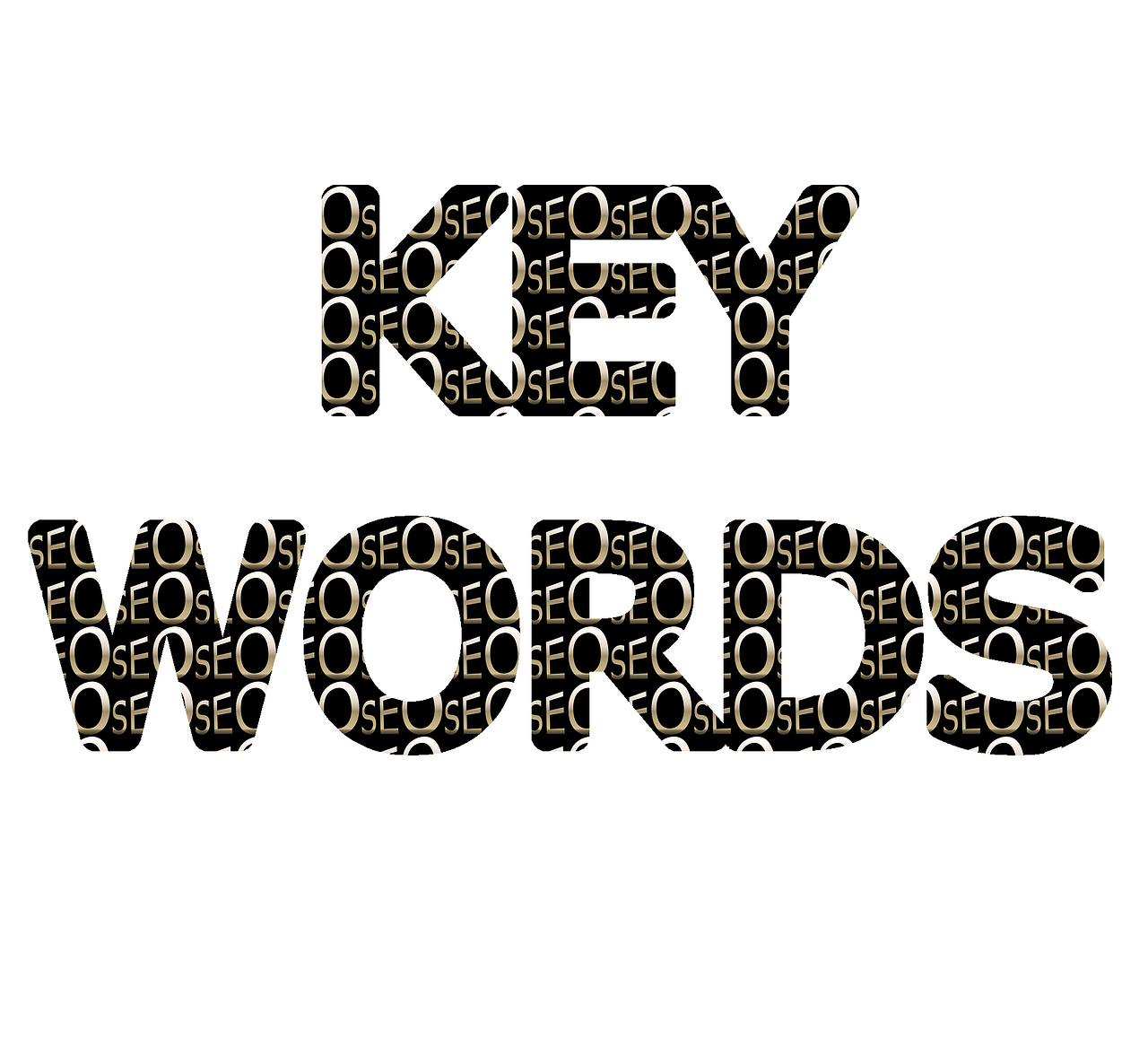
For African markets, understanding local language nuances, cultural references, and regional search trends is essential. This research helps businesses tailor their content to meet the specific needs and preferences of their target audience, ensuring that their offerings appear in relevant search results.
In African markets, where language diversity is significant, selecting the right keywords can be challenging yet rewarding. Businesses must consider not only the primary language of their target audience but also regional dialects and slang. This requires a deep understanding of the market and often involves collaborating with local experts or using advanced keyword research tools that provide insights into regional search patterns. By doing so, businesses can develop a keyword strategy that resonates with their audience and improves their chances of ranking higher in search results.
Moreover, keyword research in African markets should focus on long-tail keywords—those that are more specific and less competitive.

These keywords often have lower search volumes but higher conversion rates, as they target users further along in their purchasing journey. By optimizing content for these specific phrases, businesses can attract more qualified traffic, leading to higher engagement and better conversion rates. This strategic approach to keyword research can significantly enhance a business's online presence and drive growth in competitive markets.
Common SEO Missteps Made by African Businesses
While SEO offers numerous benefits, African businesses often make common missteps that can hinder their progress. One of the most prevalent mistakes is neglecting mobile optimization. With a significant portion of internet users in Africa accessing the web via mobile devices, having a mobile-friendly website is crucial. Failing to optimize for mobile can lead to a poor user experience, high bounce rates, and ultimately, lower search rankings. Businesses must ensure their websites are responsive, fast-loading, and easy to navigate on mobile devices to capture and retain their audience's attention.
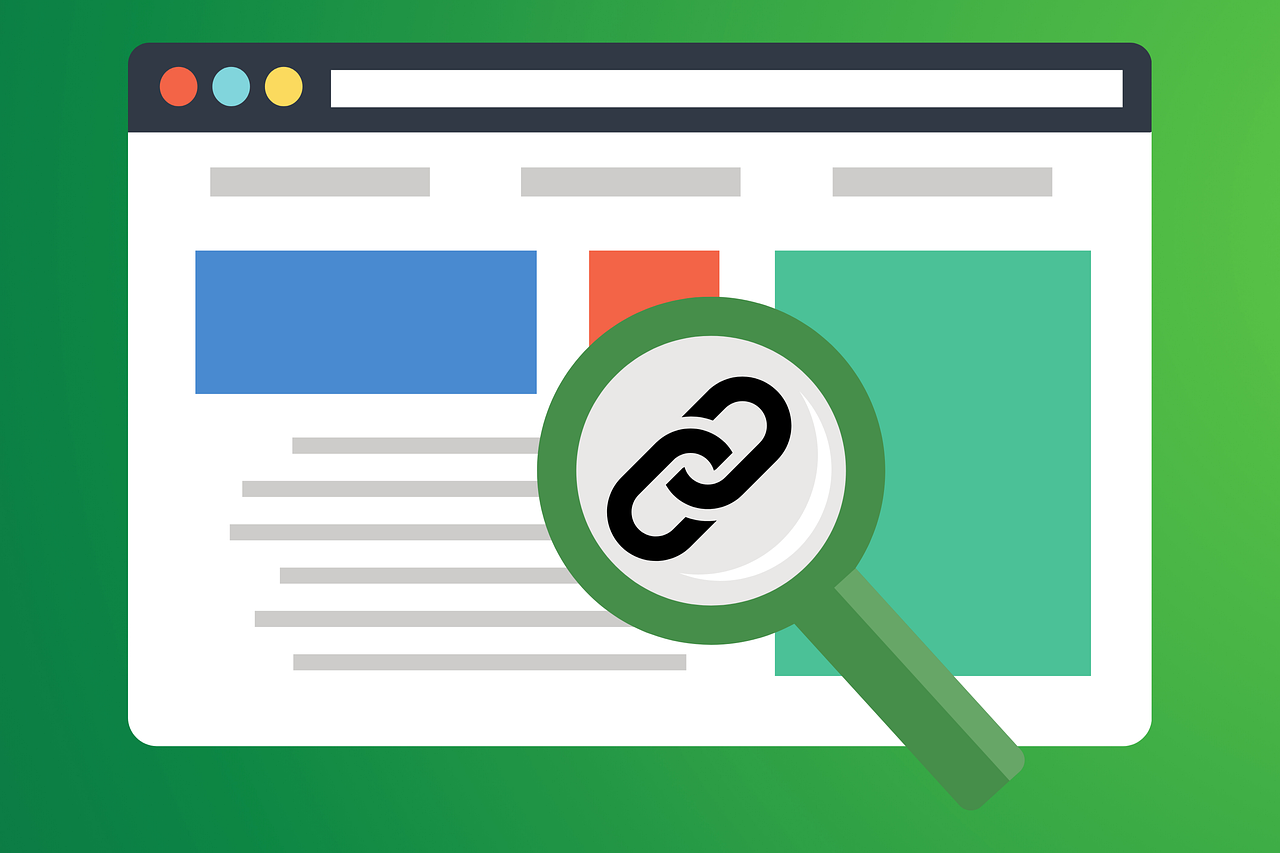
Another frequent error is overlooking local SEO, which is vital for businesses targeting customers in specific geographic areas. Local SEO involves optimizing your online presence to attract more business from relevant local searches. This includes setting up and maintaining a Google My Business profile, acquiring local citations, and encouraging customer reviews. Many African businesses miss out on these opportunities, resulting in diminished visibility in local search results. By prioritizing local SEO strategies, businesses can increase their chances of appearing in local search queries and attracting more customers from their immediate area.
Content quality is another area where African businesses often falter. Producing high-quality, relevant content is essential for SEO success, yet many businesses focus on quantity over quality. This leads to thin, repetitive, or irrelevant content that fails to engage users or meet search engine standards. Instead, businesses should aim to create valuable content that addresses their audience's needs and interests.
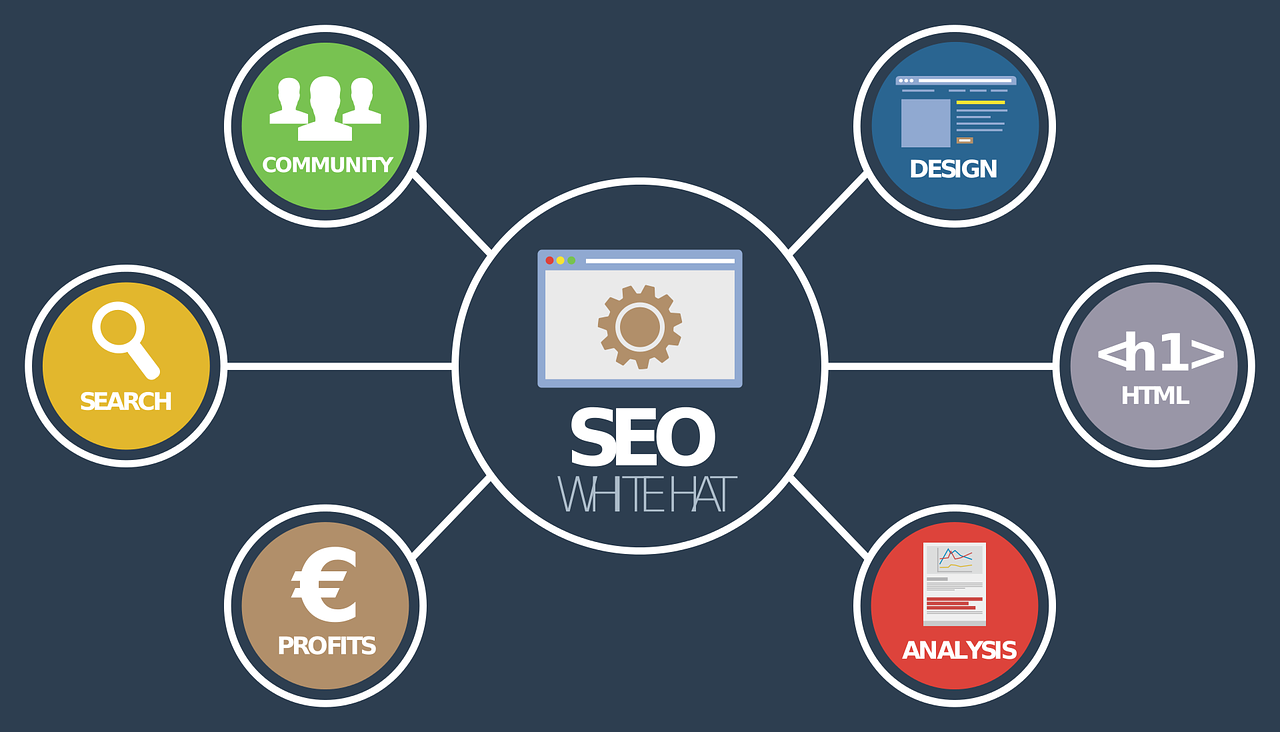
This not only improves user engagement but also signals to search engines that the site is authoritative and relevant, leading to higher rankings and increased visibility.
Unlocking SEO Success: Common Missteps African Businesses Make and How to Overcome Them
To unlock SEO success, African businesses must first identify and understand the common missteps they make. Addressing these challenges requires a strategic approach and a commitment to continuous improvement. One effective strategy is conducting a comprehensive SEO audit to identify areas for improvement. This involves analyzing the website's current performance, identifying technical issues, and evaluating content quality and keyword usage. By understanding the current state of their SEO efforts, businesses can prioritize actions that will have the most significant impact.
Once the audit is complete, businesses should focus on optimizing their website for both search engines and users. This includes ensuring that all technical aspects, such as site speed, mobile responsiveness, and secure connections (HTTPS), are in place.

Additionally, businesses should optimize their content by incorporating targeted keywords naturally, using appropriate headings and meta tags, and ensuring that images and videos are properly tagged and optimized. This holistic approach ensures that the website is both user-friendly and search engine-friendly, leading to improved visibility and engagement.
Building a strong backlink profile is another critical component of overcoming common SEO missteps. Backlinks, or links from other websites to your own, are a key factor in search engine rankings. African businesses should focus on acquiring high-quality backlinks from reputable sources, such as industry publications, local directories, and partnerships with other businesses. This can be achieved through guest blogging, creating shareable content, and participating in industry events and forums. By building a robust backlink profile, businesses can enhance their online authority and improve their search rankings.
Conclusion
In conclusion, SEO is a powerful tool for African businesses looking to enhance their online presence and drive growth.
However, achieving SEO success requires understanding and addressing common missteps that can hinder progress. By focusing on mobile optimization, local SEO, content quality, and keyword research, businesses can position themselves for success in the digital marketplace. Conducting regular SEO audits, optimizing website performance, and building a strong backlink profile are essential steps in this journey. With a strategic and informed approach to SEO, African businesses can unlock their full potential and thrive in the competitive online environment.
 Add Row
Add Row  Add
Add 


Write A Comment